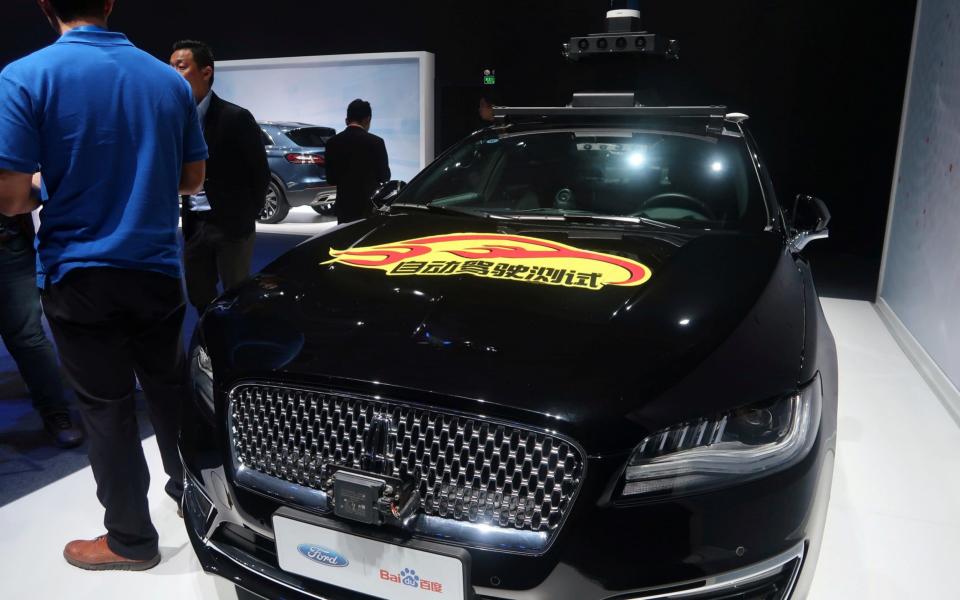Baidu aims for commercial launch of robotaxis by end of the year

A Chinese technology company is planning to launch a robot taxi service providing dozens of autonomous vehicles to ferry passengers around one of the country’s most populous cities by the end of the year.
Baidu, China’s version of Google, has invested heavily in autonomous driving technology as the internet giant looks to generate revenue in new ventures outside of its core Internet search business.
It plans to unveil the new service within months in Changsha, a city with a population of more than 7m people in Hunan province in southern China, according to local reports which cited Baidu chief executive Robin Li.
The service is among the first of its kind anywhere in the world. Google's Waymo division launched a commercial robot taxi service in the US last year in Phoenix, Arizona but its use is restricted to a group of test passengers.
In 2017, Baidu launched a $1.5bn (£1.2bn) fund to invest in driverless cars and has since struck deals with Volvo and Ford to build autonomous driving systems.
Baidu has been under pressure to find new growth ventures in China’s competitive tech market, with new players such as Bytedance, the developer of popular social media service TikTok, putting downward pressure on the prices of ads, which are crucial to Baidu’s business.

The company’s earnings fell significantly in the final quarter of 2018 after it spent a significant amount of money on new ventures. But in a statement at the time, Baidu’s chief financial officer Herman Yu said the drive into new areas of growth “will require heavy investments”.
According to a report published earlier this week by Beijing’s transport regulators, more than 95,000 miles were covered by eight firms operating self-driving cars in the Chinese capital, with Baidu leading the pack.
Driverless vehicles have become one of the forefront technologies attracting investment in China but have run into regulatory hurdles.
Last year, Guangzhou’s Baiyun Taxi Group faced a ban from local authorities after attempting to test a similar service.

 Yahoo Finance
Yahoo Finance 